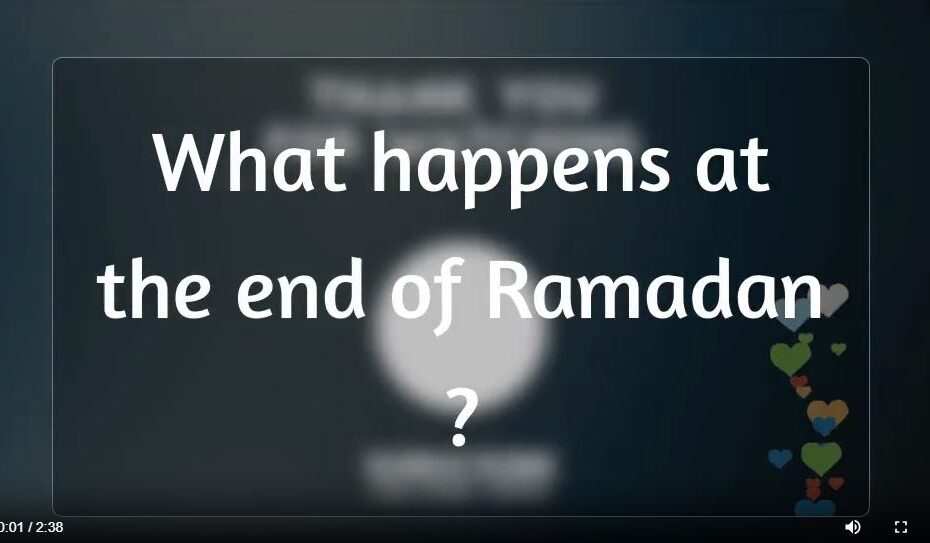At the end of Ramadan, a special celebration called Eid al-Fitr, or the Festival of Breaking the Fast, takes place. This marks the completion of a month of fasting and spiritual reflection.
What Happens During Eid al-Fitr:
- Community Prayers: On the morning of Eid, Muslims gather for a special prayer service in mosques or large open areas. This prayer is performed in a congregation and includes extra prayers not said at other times.
- Charitable Giving: Before the Eid prayers, Muslims are required to give a specific type of charity called “Zakat al-Fitr.” This is meant to purify those who fast from any indecent act or speech and to help the poor and needy participate in the joy of Eid.
- Celebrations and Feasting: After the prayers, the rest of the day is spent visiting friends and family, exchanging gifts, and enjoying special meals. Children often receive new clothes and gifts.
Bible Verses:
While Eid al-Fitr is not mentioned in the Bible, the principles of charity, communal worship, and festive gatherings can be paralleled with Christian practices. For instance, Hebrews 10:24-25 encourages meeting together to spur one another on toward love and good deeds, saying, “And let us consider how we may spur one another on toward love and good deeds, not giving up meeting together, as some are in the habit of doing, but encouraging one another—and all the more as you see the Day approaching.”
Examples:
- Feast of Weeks (Pentecost) in Judaism, celebrated seven weeks after Passover, which includes offering gifts to the poor and rejoicing before God.
- Christian Celebrations like Easter: Marking the resurrection of Jesus, it is a time of joyous gatherings and, often, charitable acts.
- The Jubilee year in the Old Testament, a time of freedom and rejoicing, where debts were forgiven and slaves freed, emphasizing community support and happiness.
Three Main Takeaways:
- Unity and Community: Eid al-Fitr strengthens community bonds as Muslims gather for communal prayers and celebrate together, showing the importance of family and community in Islam.
- Charity and Giving: Giving Zakat al-Fitr highlights the Islamic emphasis on supporting the less fortunate, ensuring everyone can celebrate the joyous occasion.
- Joy and Celebration: After a month of reflection and devotion, Eid al-Fitr offers a time for Muslims to rejoice, celebrate their achievements in fasting, and enjoy community fellowship.



